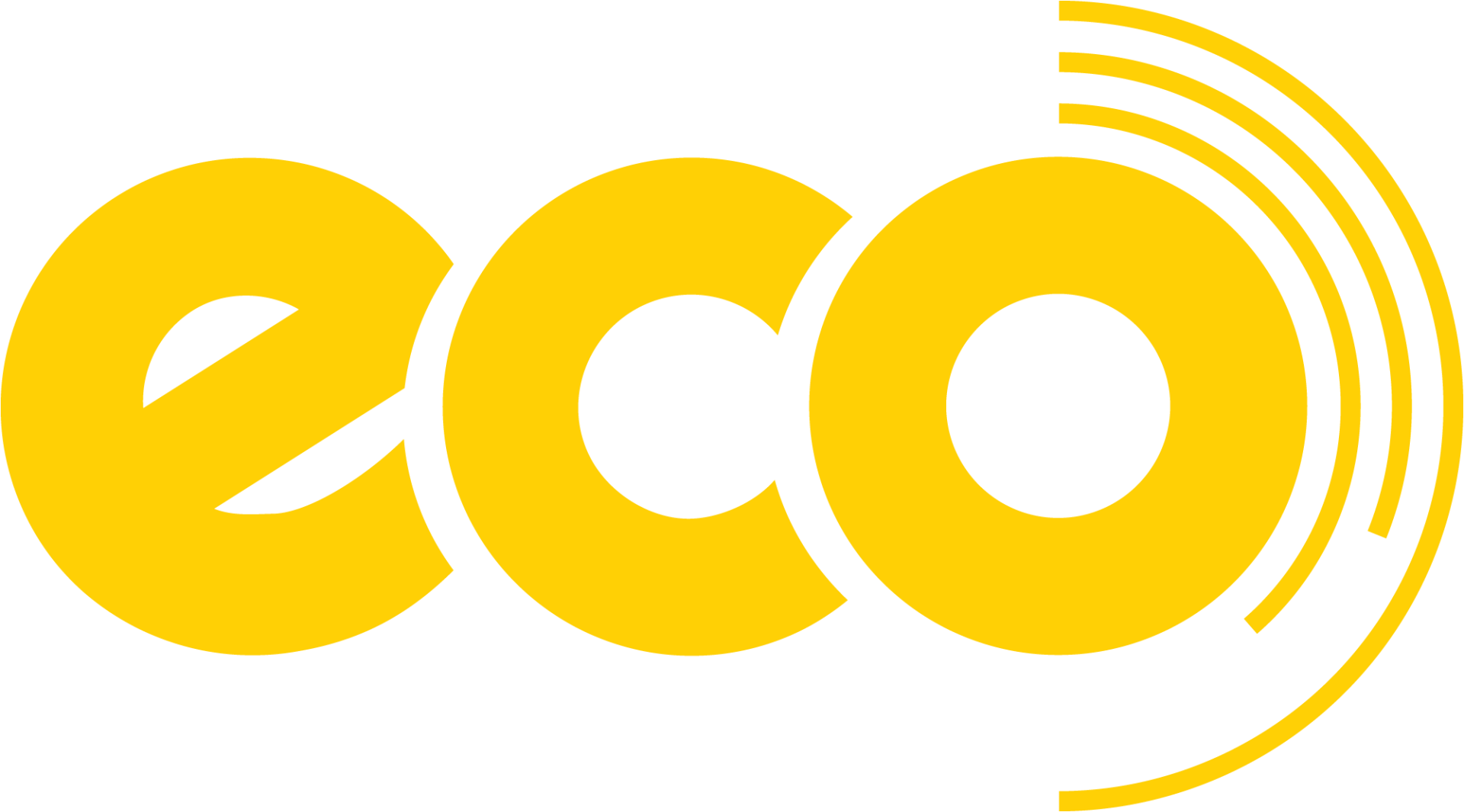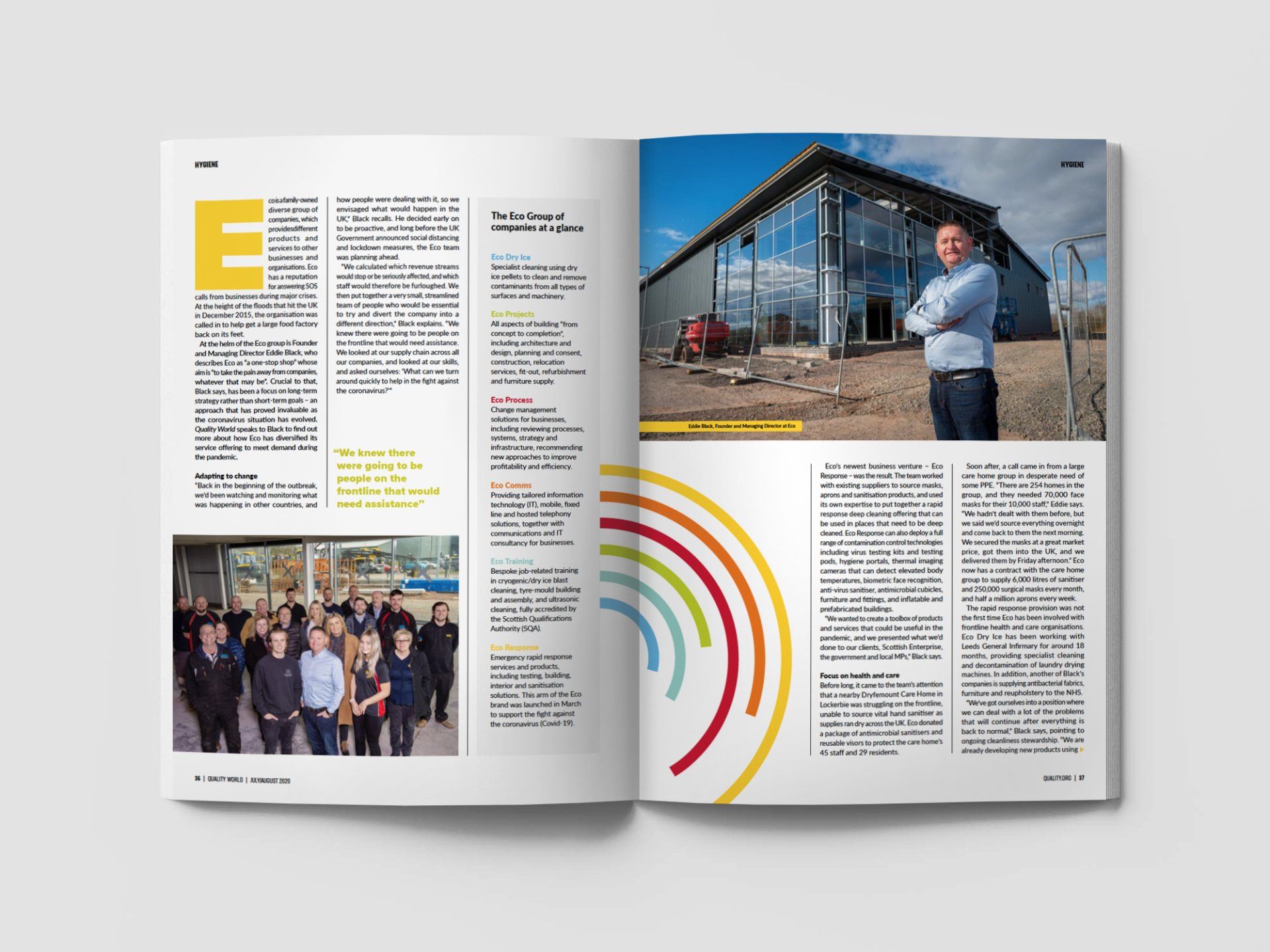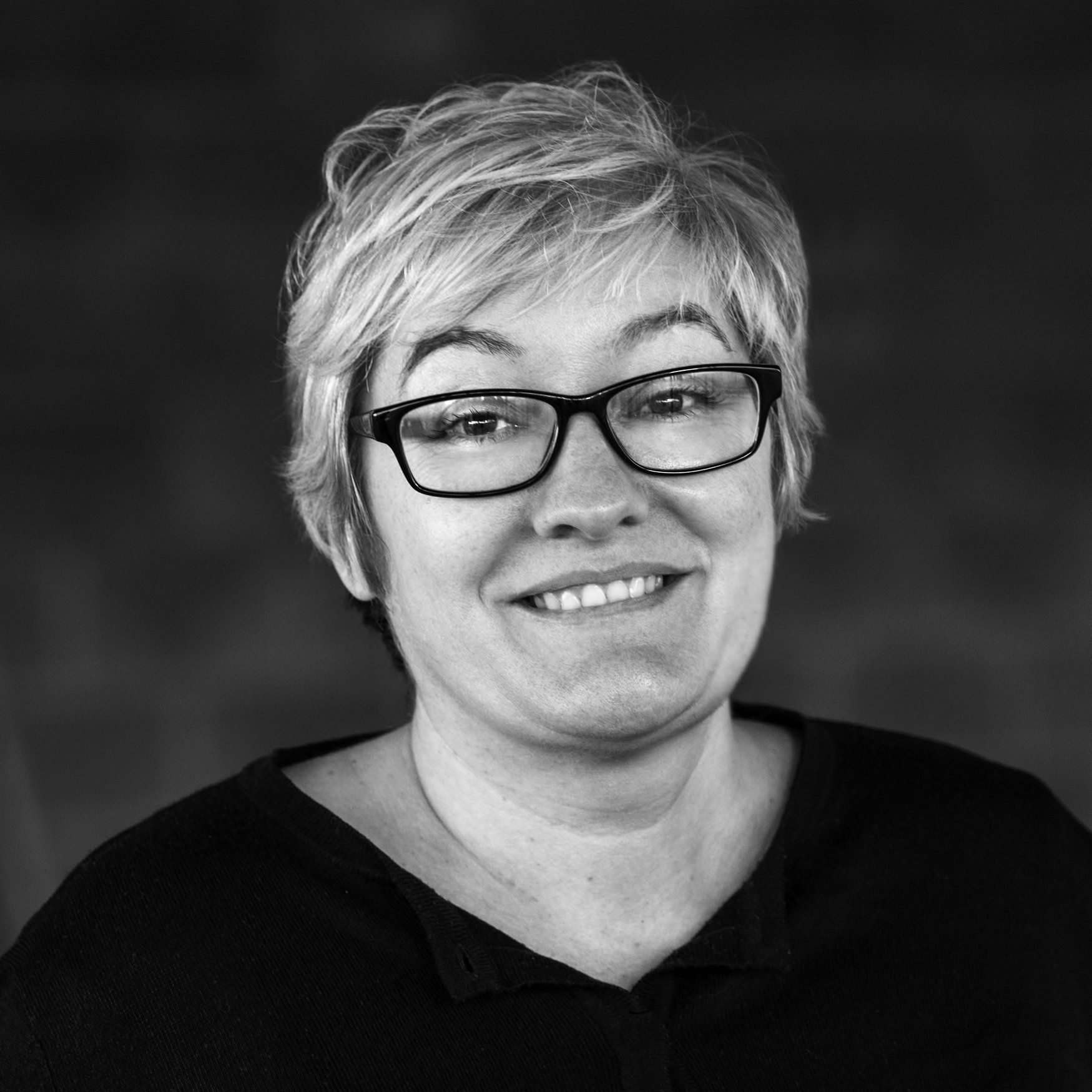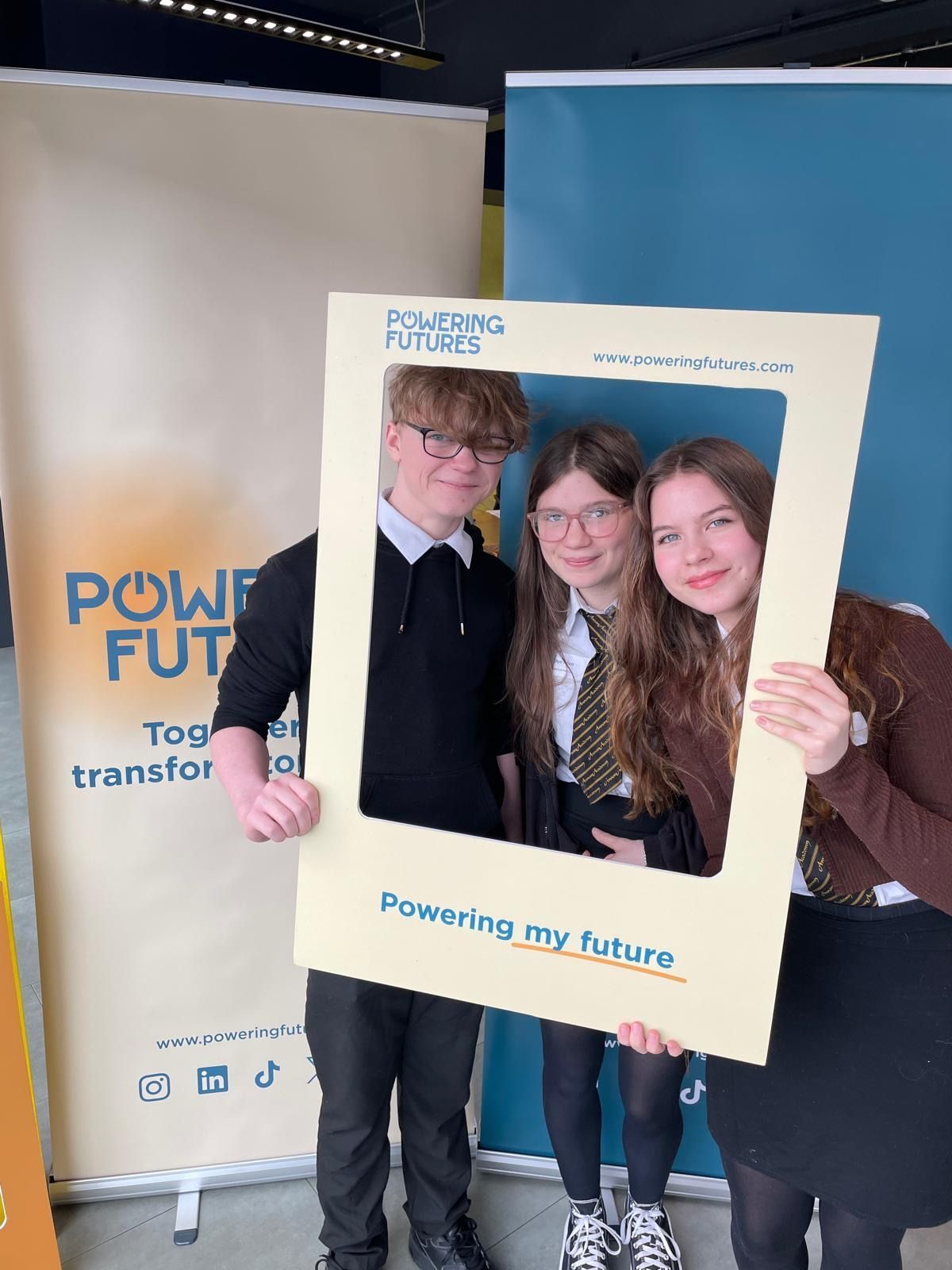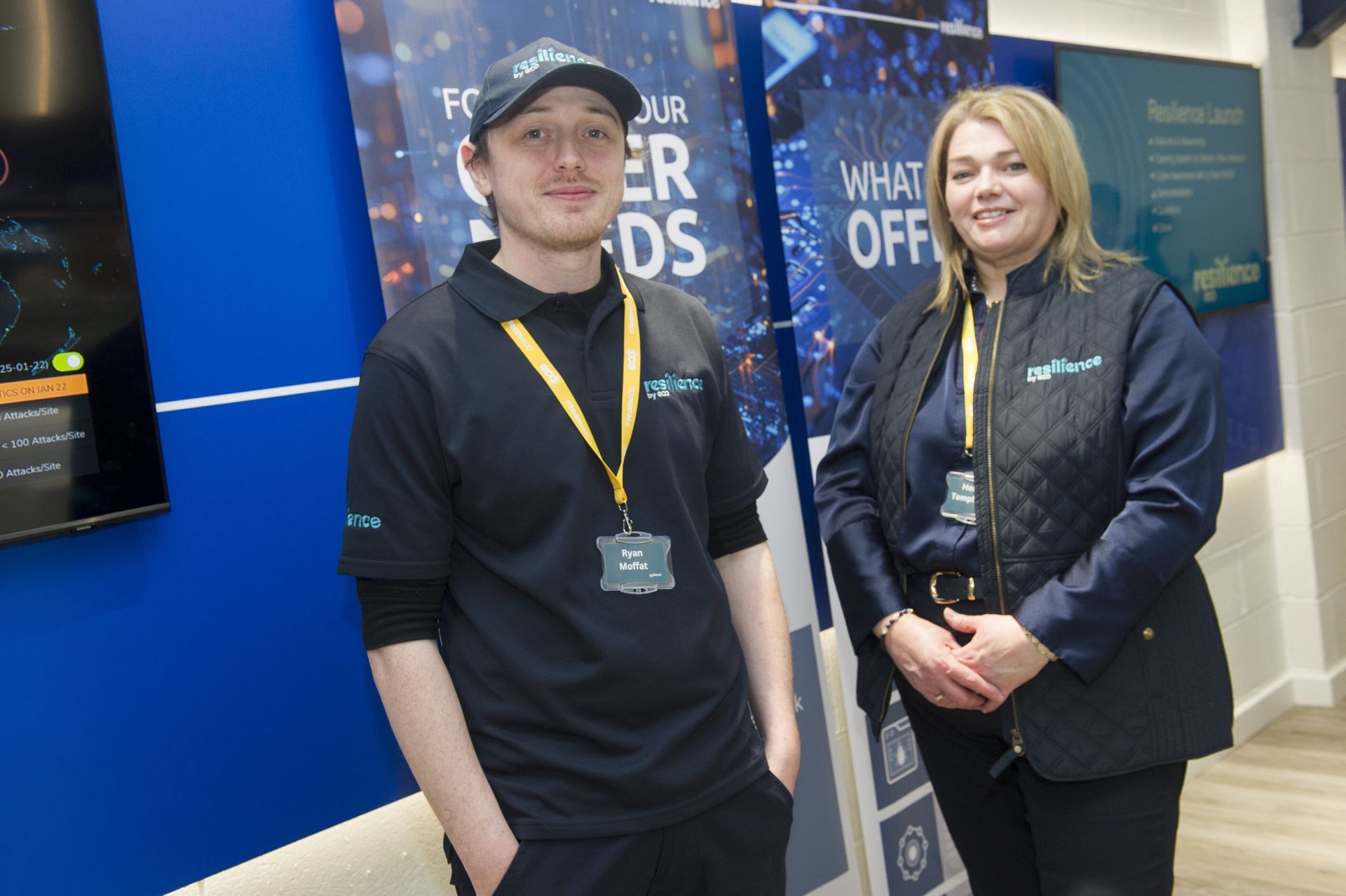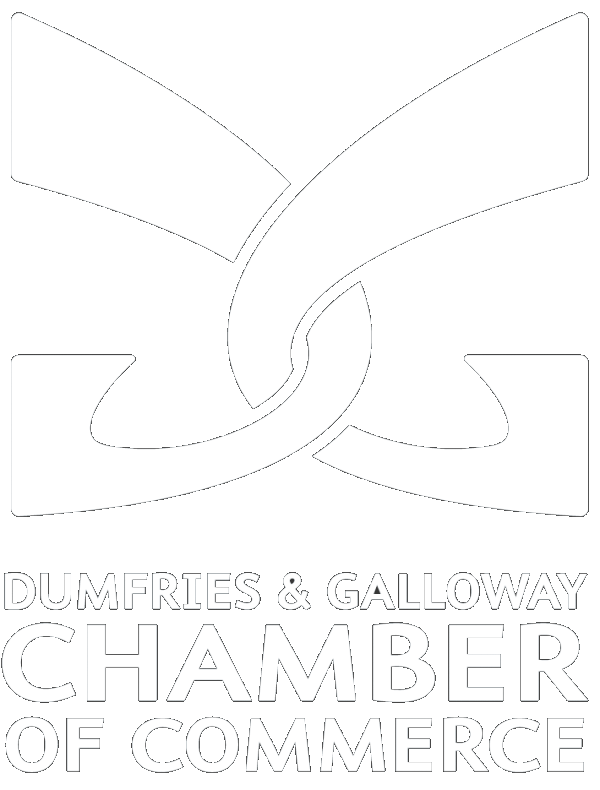The Eco Response
Eco features in the July-August Quality World magazine.
At the helm of the Eco group is Founder and Managing Director Eddie Black, who describes Eco as “a one-stop shop” whose aim is “to take the pain away from companies, whatever that may be”. Crucial to that, Black says, has been a focus on long-term strategy rather than short-term goals – an approach that has proved invaluable as the coronavirus situation has evolved. Quality World speaks to Black to find out more about how Eco has diversified its service offering to meet demand during the pandemic.
Adapting to change
“Back in the beginning of the outbreak, we’d been watching and monitoring what was happening in other countries, and how people were dealing with it, so we envisaged what would happen in the UK,” Black recalls. He decided early on to be proactive, and long before the UK Government announced social distancing and lockdown measures, the Eco team was planning ahead.
“We calculated which revenue streams would stop or be seriously affected, and which staff would therefore be furloughed. We then put together a very small, streamlined team of people who would be essential to try and divert the company into a different direction,” Black explains. “We knew there were going to be people on the frontline that would need assistance. We looked at our supply chain across all our companies, and looked at our skills, and asked ourselves: ‘What can we turn around quickly to help in the fight against the coronavirus?’”
“We knew there were going to be people on the frontline that would need assistance”
Eco’s newest business venture – Eco Response – was the result. The team worked with existing suppliers to source masks, aprons and sanitisation products, and used its own expertise to put together a rapid response deep cleaning offering that can be used in places that need to be deep cleaned. Eco Response can also deploy a full range of contamination control technologies including virus testing kits and testing pods, hygiene portals, thermal imaging cameras that can detect elevated body temperatures, biometric face recognition, anti-virus sanitiser, antimicrobial cubicles, furniture and fittings, and inflatable and prefabricated buildings.
“We wanted to create a toolbox of products and services that could be useful in the pandemic, and we presented what we’d done to our clients, Scottish Enterprise, the government and local MPs,” Black says.
Focus on health and care
Before long, it came to the team’s attention that a nearby Dryfemount Care Home in Lockerbie was struggling on the frontline, unable to source vital hand sanitiser as supplies ran dry across the UK. Eco donated a package of antimicrobial sanitisers and reusable visors to protect the care home’s 45 staff and 29 residents.
Soon after, a call came in from a large care home group in desperate need of some PPE. “There are 254 homes in the group, and they needed 70,000 face masks for their 10,000 staff,” Eddie says. “We hadn’t dealt with them before, but we said we’d source everything overnight and come back to them the next morning. We secured the masks at a great market price, got them into the UK, and we delivered them by Friday afternoon.” Eco now has a contract with the care home group to supply 6,000 litres of sanitiser and 250,000 surgical masks every month, and half a million aprons every week.
The rapid response provision was not the first time Eco has been involved with frontline health and care organisations. Eco Dry Ice has been working with Leeds General Infirmary for around 18 months, providing specialist cleaning and decontamination of laundry drying machines. In addition, another of Black’s companies is supplying antibacterial fabrics, furniture and reupholstery to the NHS.
“We’ve got ourselves into a position where we can deal with a lot of the problems that will continue after everything is back to normal,” Black says, pointing to ongoing cleanliness stewardship. “We are already developing new products using antimicrobial materials, and we’re able to make a massive impact. I think we’ll see an upturn in that side of the business.”
Standing out with quality assurance
Undoubtedly, Black’s forward-looking approach to business has been essential in navigating through the months of uncertainty and providing the Eco group with a degree of stability. However, this progressive outlook is nothing new, and has previously helped set Eco apart from competitors in numerous ways.
For example, having spotted a skills gap in the market, Black tasked Eco’s training director Silvia Olivieri with building three industry qualifications from scratch, in dry ice blast cleaning, tyre-mould building and assembly, and ultrasonic cleaning. Accredited by the Scottish Qualifications Authority at levels 5 and 6, the vocational training not only demonstrates to clients that Eco’s staff are proficient in their jobs – in fact, Eco is the only dry ice blast service provider in the world whose employees are formally qualified – but it also paves the way to train and upskill workers across the industry more widely.
“We like to empower our staff – the qualifications we developed for them was one way to show that,” Olivieri explains. “It’s not just about the job they do; they also learn Microsoft Excel, team working, and lots of other things.”
That feeds into how quality assurance is structured at the Eco group, too, with each and every member of staff made to feel like they play a key role in maintaining quality standards. Achieving buy-in from staff across the organisation helped them to achieve the ISO 9001:2015 – Quality management systems certification, first for the dry ice business and more recently for the project’s arm. Now, the group is on the path to achieving the ISO 14001 – Environmental management systems standard. This demonstrable commitment to quality, Black believes, is another way to separate themselves from competition. Having the ISO 9001:2015 certification is a prerequisite for winning business from many of Eco’s clients, but it has helped to highlight where processes could beimproved internally, and led to Olivieri adopting a new operations management system in 2019.
“Things were centralised when I started working at Eco but I’ve adapted things to put more responsibility on individual managers to check what they are responsible for,” she comments. “We now put all the information on jobs into one system that everyone can access, and I can audit everything according to the quality system we have in place.
“Our objective in terms of quality is to give the customer the best product or service in the best time and the best quality, so we can make sure the whole process is covered from the moment the client approaches us, or we approach them, up to delivering that product or service.”
It’s important for Olivieri that staff training extends to quality improvement. “If a member of staff knows why they are doing what they’re doing, they are the best sellers we have,” she adds. “The clearer you are in the objectives, the easier it is for everyone to know why we need to do it, and if they understand why, they’ll do it. They know the standards and where we want to go, so they feel comfortable going through the hoops to get there.”
Quality from afar
Keeping quality at the fore of Eco’s collective mindset has never been more important than it has been during the coronavirus pandemic – clients need to be assured that Eco’s PPE kits are fit for purpose, for example. But the crisis has
presented challenges to conforming to quality standards, as Olivieri explains.
“There is a small team who are running things, and coming and going, but other staff have been furloughed or working remotely. We’re all so far away from each other, and that has made it harder to communicate,” she says. “In one way, because we’re not doing as much as normal, it’s easier to control quality, but in another way – because people are
dispersed – it’s harder.
“It’s certainly more difficult to communicate with one another and to make sure everything is still done in the same way. But our system helps everyone to keep on top of everything, because people can access it remotely. You can create jobs, quotes, orders and paperwork on the go, so we can still maintain the quality we need while people are away from the office.”
As well as conforming to quality standards, it’s been essential to protect Eco’s quality of reputation during the pandemic. That has entailed complete transparency with suppliers and clients, maintaining normal margins and keeping the existing supply chain where possible. As Black points out, profiteering in a crisis is not a good look, and might secure business in the
short term, but would likely send clients running in the opposite direction when
things return to normal.
“Our suppliers know and trust us, so when we asked them to support us in helping out frontline staff, they did. We haven’t broken our normal supply chain route or tried to navigate around anybody,” he comments. “If something can’t be supplied that way, we’d rather say no than say yes and try to scramble under pressure, and possibly buy fraudulent goods. That way, we can be sure we’re maintaining quality. And if you’ve operated your business in a quality way for years, your business is going to be robust. Everyone is going to feel pain, but by doing things properly from the outset, you’ll be in a better position than those who haven’t.”
Eddie Black's Top Tips
A look to the future
When the UK went into lockdown in March, Eco was in the middle of constructing a new head office. Completing that project and moving everyone into the building will be the first objective when an end to the coronavirus crisis comes into sight. The company has also learned in recent months that being proactive and thinking ahead of the curve has allowed it to remain in business.
Quality will also still be a focus for Eco – in particular, securing ISO 14001 certification. “After all, Eco is our name, so it makes sense,” Black quips. The team had been working towards the accreditation before the lockdown was implemented, but it’s currently on hold until the normal business routine resumes and the group has moved into its newly constructed, state-of-the-art £5m headquarters.
In a similar vein, the group’s corporate and social responsibility (CSR) and health and safety commitments are vital to supporting the business as it moves forward. It is SafeContractor accredited and a lifetime partner of B1G1 Business for Good, a social enterprise that helps businesses to give to charitable projects.
“With the situation we find ourselves in now, quality and CSR really matter,” Black says. “Companies need to start prioritising these things above price, because employees and clients are looking more at what companies have behind them. It gives you substance and value and shows your ethics.”
This will no doubt help Black to achieve his prime goal – to leave a legacy in the Dumfries and Galloway region. “I want to build something, and all the key people have got a vested interest in the business as well so they can take it on beyond me. It’s my job to inspire everybody else to believe we’re doing the right thing.”
Written by Allie Anderson
https://www.quality.org/qualityworld
